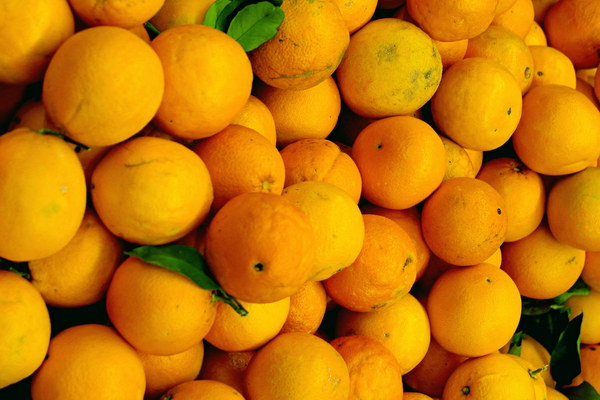Unlocking the Secrets of TCM The Art of Eliminating Dampness for Enhanced Wellbeing
In the realm of Traditional Chinese Medicine (TCM), the concept of dampness is a significant factor that can disrupt the body's balance and lead to various health issues. Dampness, often described as an excess of dampness in the body, can manifest in different ways and affect different organs. Understanding how to eliminate dampness and maintain a balanced body is essential for optimal health. This article delves into the mysteries of dampness in TCM and provides practical tips for tackling this common issue.
1. What is Dampness in TCM?
In TCM, dampness is considered an imbalance in the body's fluids, which can be caused by external factors such as living in a damp environment, consuming cold and wet foods, or internal factors like weak digestion. Dampness can accumulate in the body and affect various organs, leading to symptoms such as fatigue, bloating, weight gain, and skin issues.
2. Symptoms of Dampness
Identifying dampness in the body is crucial for effective treatment. Common symptoms include:
- Fatigue and lack of energy
- Excessive weight gain, particularly around the abdomen

- Bloating and discomfort in the stomach
- Poor digestion and loose stools
- Feeling cold or chilled, even when surrounded by warmth
- Mucus production, such as a runny nose or excessive phlegm
- Joint pain and stiffness
- Dark circles under the eyes
3. TCM Treatments for Dampness
TCM offers various treatments to eliminate dampness and restore balance to the body. Here are some of the key approaches:
- Diet: Avoiding damp-inducing foods, such as cold drinks, raw fruits, and vegetables, and focusing on warm, cooked foods can help reduce dampness. Instead, consume foods like ginger, garlic, and onions, which have drying properties.
- Herbs: Herbs are a cornerstone of TCM and can be used to eliminate dampness. Commonly used herbs include:
- Atractylodes (Cang Zhu)
- Astragalus (Huang Qi)
- Poria (Fu Ling)
- Rehmannia (Shu Di Huang)
- Acupuncture: Acupuncture can help stimulate the body's natural healing processes and eliminate dampness. Specific points are used to address the underlying causes of dampness and improve overall health.
- Cupping: Cupping is a therapeutic technique that involves placing cups on the skin to create suction. This method can help improve circulation and eliminate dampness from the body.
- Exercise: Regular exercise, particularly those that increase circulation and strengthen the immune system, can help reduce dampness. Activities such as tai chi, qigong, or brisk walking are beneficial.
4. Lifestyle Adjustments
In addition to TCM treatments, adopting a healthy lifestyle can help combat dampness. Here are some tips:
- Ensure proper sleep and rest to support the body's healing processes.
- Avoid excessive stress, as it can weaken the body and exacerbate dampness.
- Maintain a balanced diet rich in fresh, whole foods.
- Practice mindfulness and relaxation techniques, such as meditation or deep breathing exercises.
By understanding the role of dampness in TCM and implementing the appropriate treatments and lifestyle adjustments, individuals can achieve a balanced and healthy body. Eliminating dampness not only alleviates symptoms but also promotes overall well-being, allowing for a more vibrant and energetic life.









